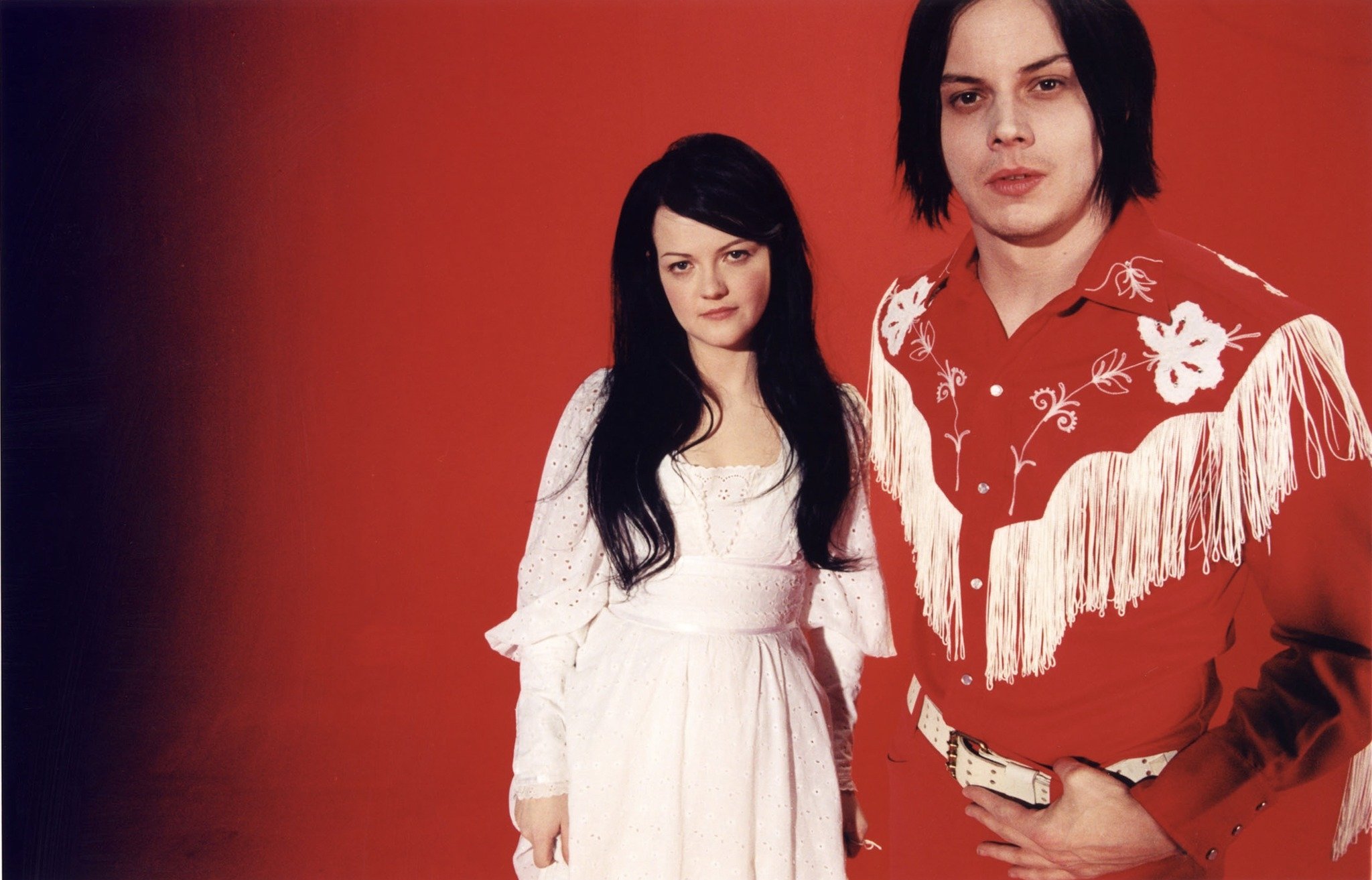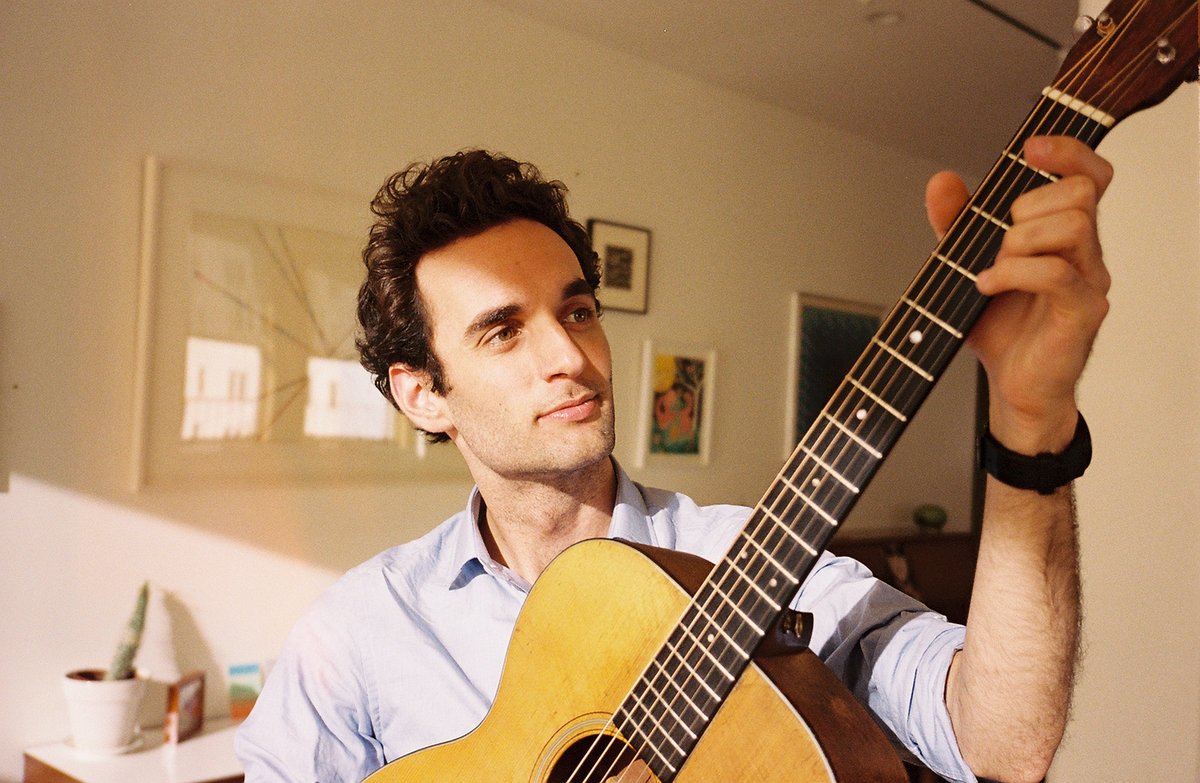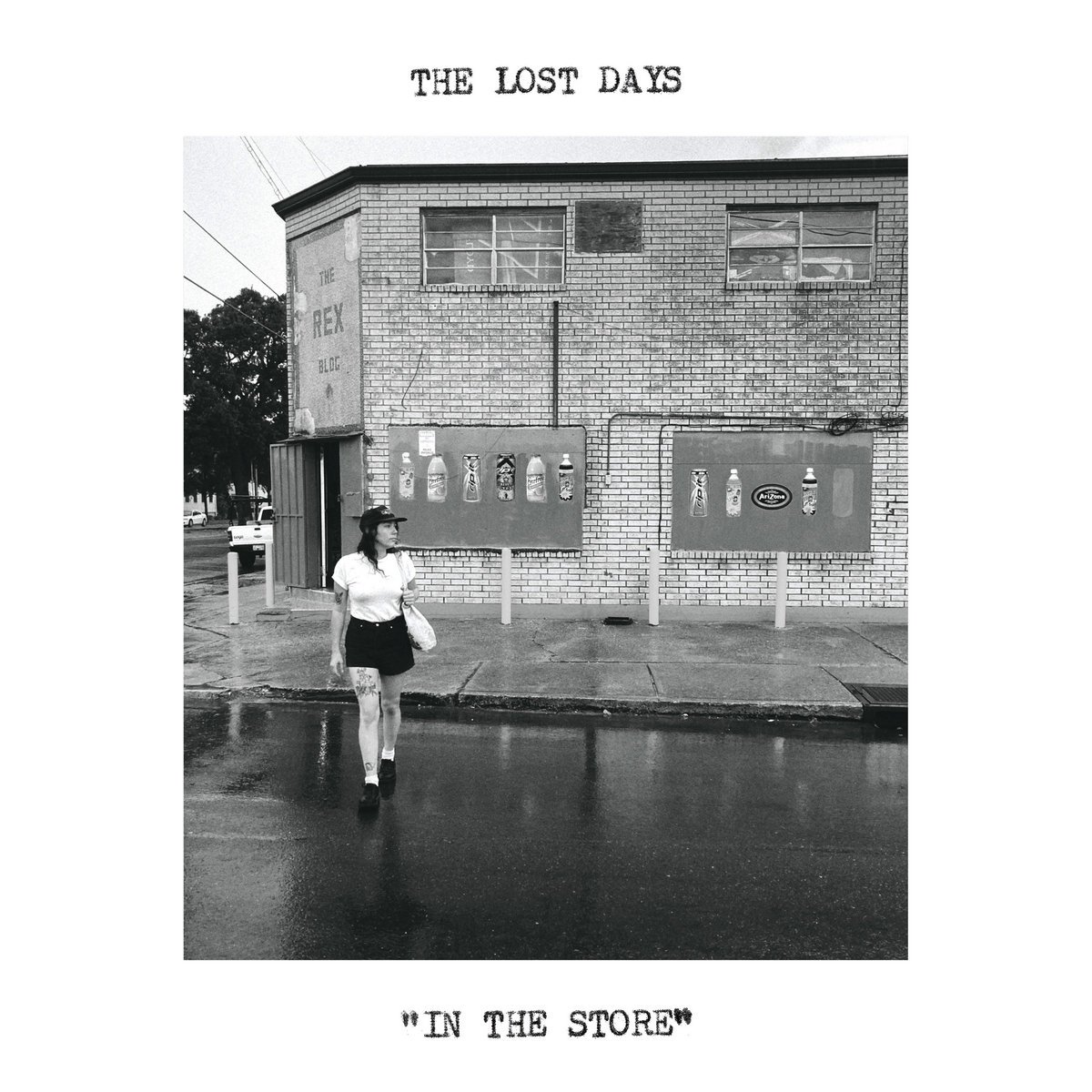1) The music of The White Stripes / The Discourse About Meg White’s Drumming (if you missed it, thank the stars), sent me back into the band’s catalog this week. And three albums in (again), I’m reminded how both Jack and Meg were/are forces of nature, who met and collided to create rock and roll weather of the best kind. Any other sense of their musical equality misses the mark.
2) Julian Lage, “The Layers” / One of our great, often understated guitarists, Lage works with a remarkable band—fellow guitarist Bill Frisell, bassist Jorge Roeder, and one of my favorite drummers in Dave King—to create an EP which flows with generous and nuanced gestures.
3) The Lost Days, “In the Store” / Cool, as a friend reminded me recently, is such an overused word. But there’s something so cool, so beautiful and brisk, about this 10-song set from Tony Molina and Sarah Rose Janko. The eternal goodness of garage rock, the sweet promise of a guitar’s jangle, come through clearly in a sequence of songs that barely ever top a minute’s time.
4) Mahogany Browne, “Chrome Valley” / A book of revelation unto itself, Browne’s latest poetry collection is full of music—“I can’t stand to hum along / to a man with a hole in his heart,” the poet writes of Al Green’s “Love & Happiness”—and is music. The poem “Little Deaths,” for one, uses repetition and rhythm to consider the orgasm as expression of a need to hear your own name voiced:
“if the day unfolds before a lover speaks your name
shout it from the rafters of your cheeks
sprinkle it over your steel cut oatmeal
stir it into your coffee, this unhollowing prayer
slow slow slow name slow slow”
Browne examines the curvature of Black bodies, traces the tragedy of lovelessness (“a man without a god is: / a bear trap / a glorious disaster / a sublime hemorrhage”), surveys Bay Area cities and listens in both to the words people say and the stark silences between. These poems see more, laugh louder, sing stronger and smolder longer than most, forming readers along the way.
5) Wendy Kiyomi, “My Life as a Gambler” for Image Journal / As a fellow adoptive parent, reading Wendy Kiyomi’s Image essay came with the feelings of finally being seen and being undone all at the same time. Kiyomi handles a sort of knowing common to any parent—that all you’re doing, all day long, is taking chances based on the information before you—and quietly detonates a bomb inside it.
While we are at different stages in our parenting lives, I nodded my head while reading about how often the impossible, the miraculous even, seems like the best and most possible outcome:
“Winning the lottery didn’t seem like the option with the longest odds. Plus, it was the only one that offered a hint of anything like good fortune or blissful rescue. Plans one through three were provisional and uncertain at best: each stood upon the edge of a knife.”
Later, Kiyomi writes of a feeling I know too well—that the cards, or the odds, have been handled without anyone telling you the actual rules of the game. She writes:
“… Maybe God himself was gaslighting me. I wouldn’t put it past him. Who dealt this mess?”
There is hope between the bricks, and I read both this hope and the hardness of my life in Kiyomi’s words. What a gift, albeit a difficult one, to receive language to hand another soul and say “This is the best I can explain what my life feels like.” For that, I thank my fellow writer.



